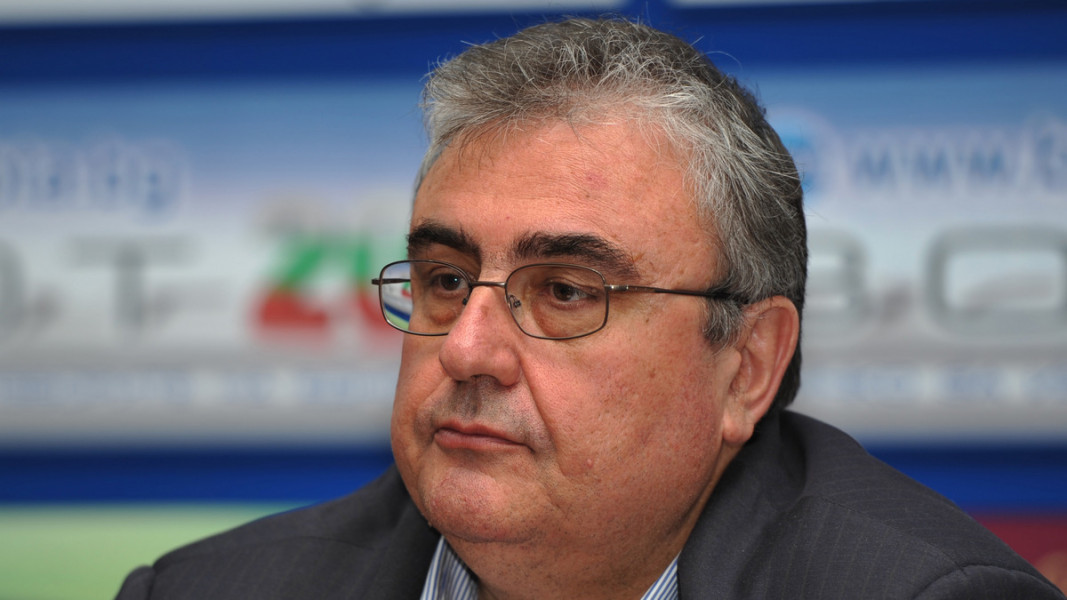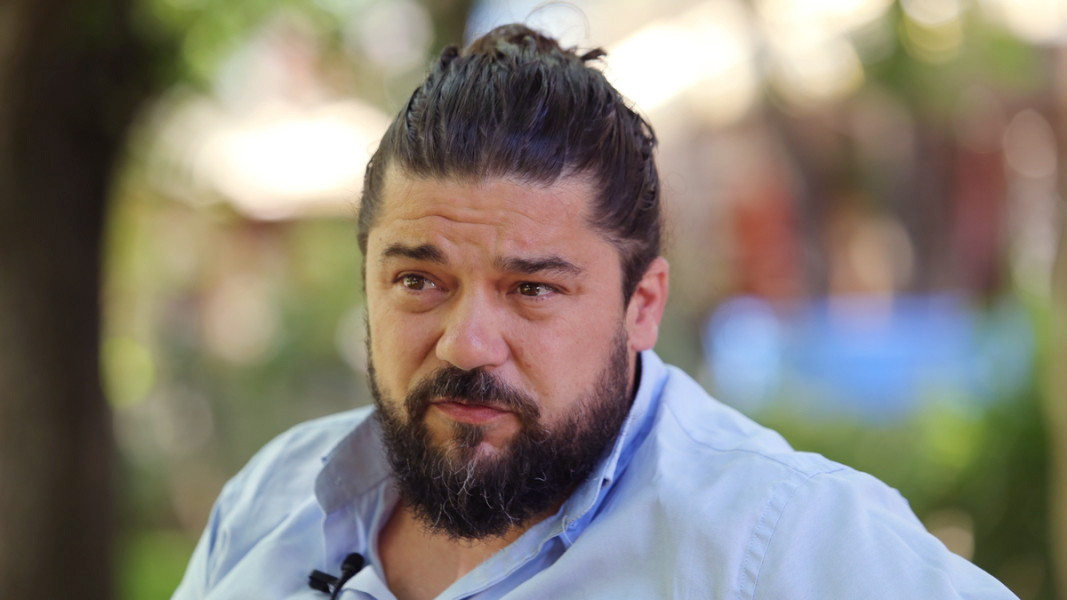Bulgaria expects the third consecutive parliamentary and regular presidential elections this year. The election campaign is close to its end, but to find out if the candidates' messages reach the voters, we need to start with an analysis of their behavior.
"This has been a campaign of monologues and these are very angry monologues, unfortunately," political scientist Ognyan Minchev says in an interview with BNR.

“Apart from marginal figures, whose presence in national and public media is due to a change in the Electoral Code that has allowed it, the choice of people is hindered by the bitter hatred between a large part of the major candidates. They do not see each other as rivals who must rule the same country, but speak with open hostility about each other. This behavior of politicians legitimizes polarization in society, intensifies anger and hatred, as well conflicts and unwillingness to seek agreement.”
The Covid-19 pandemic has certainly contributed a lot to the dissolution of the already divided Bulgarian society but this phenomenon should not be blamed only on the virus that has existed among us for almost two years now. Social anthropologist Strahil Deliiski says that this is a multifaceted problem.

"I think the most important issue is the lack of solidarity. The feeling of empathy for the others; the feeling that people have an equal right to speak and think, has been ultimately lost. A disintegrating society cannot give rise to collective meanings and common values, because it is made up of many small groups that produce their own meanings and the whole sense of sociality is lost. We have been living as separate units or as parts of small warring tribes.”
Whether the fatigue from the nearly year-long political and health instability which we live in would have an effect on the motivation of Bulgarians to vote, remains to be seen on election day.
"I want to recall that usually about half of the citizens do not vote," political scientist Slavi Vassilev has told BNR.

“This is a diagnosis for our political system. Half of the citizens choose not to go to the polls because they do not see the point and this should raise the big question about what the Bulgarian political system really is and why half of the population do not show interest in it?”
He adds that those who will go to the polls will vote based on their political beliefs, as far as they have them. Some of the voters have already found a party of their choice. And if a government is formed after the vote on November 14, it must be formed with the participation of the so-called parties of change, the political scientist predicts.
Compiled by: Yoan Kolev
English: Alexander Markov
Photos: BNR, BGNESThe Romanian Diplomatic Institute and the Bulgarian Diplomatic Institute organize а round table on the topic: "Bulgaria and Romania - One Year of Strategic Partnership. The Way Ahead”. The event is being held in Bucharest on March 14 and is..
Bulgarian-Romanian relations are at a time of upswing, when there is both an international context and political will at a high level in both countries for their development. Almost a year has passed since Presidents Rumen Radev and Klaus Iohannis signed..
Bulgaria is on the cusp of the first in its democratic history rotation of government, agreed upon nine months ago by the first and the second political force in parliament – GERB/SDS and We Continue the Change/Democratic Bulgaria (PP/DB), as a..

+359 2 9336 661
